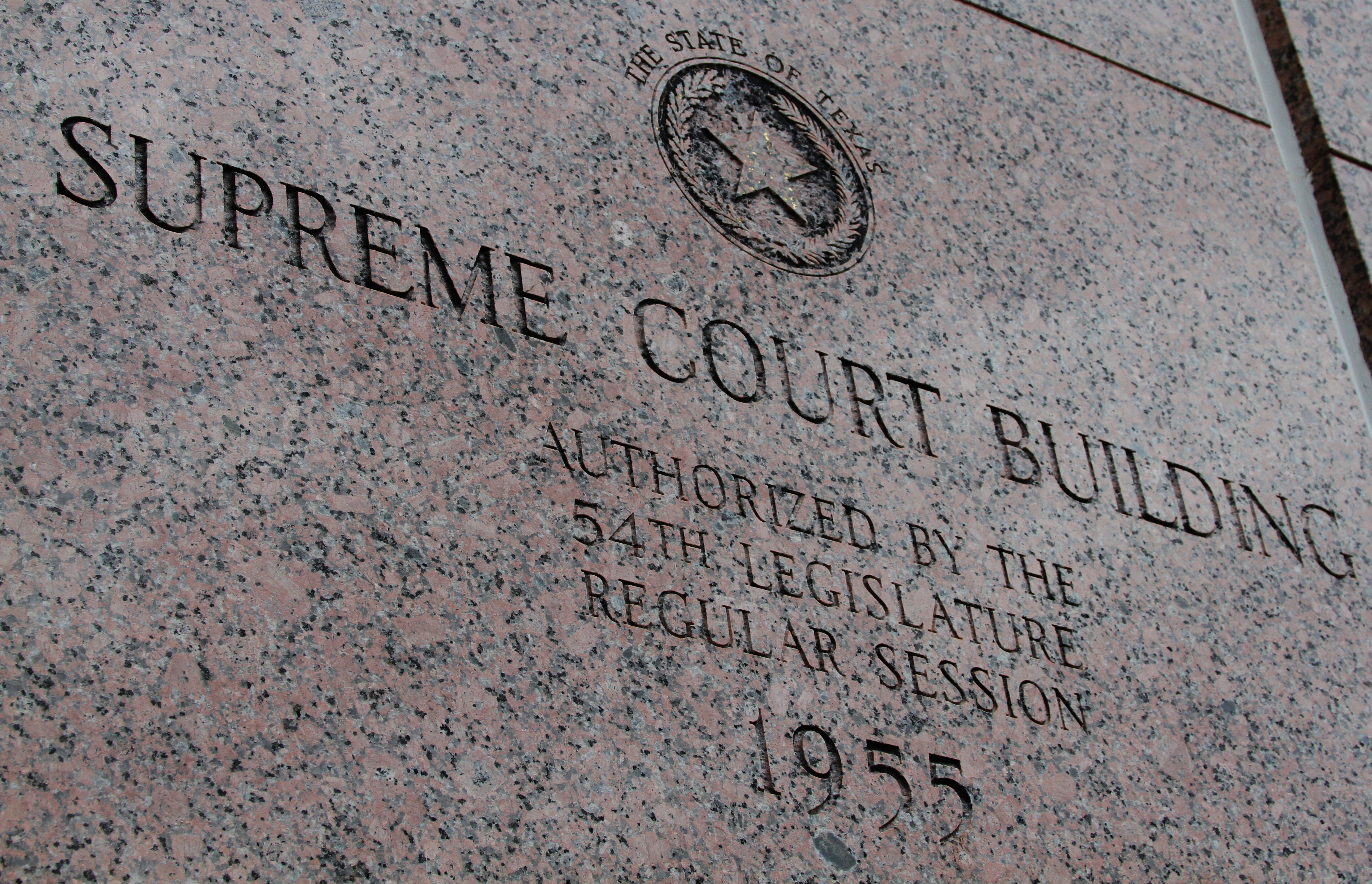Gene E. Phillips v. Carlton Energy Group, LLC
No. 12-0255
Case summary written by Nirav Patel, Executive Managing Editor.
CHIEF JUSTICE HECHT delivered the unanimous opinion of the Court.
CBM Energy Limited (CBM) obtained the right to explore and develop a coalbed methane field in Bulgaria. CBM made an arrangement with Carlton Energy Group, LLC (Carlton) to provide financial backing for the venture. Carlton’s contract with CBM entitled Carlton to obtain an interest—up to 48% total—in the project based on how much it invested. Carlton needed help in providing the investment backing for CBM. Carlton offered Gene Phillips (Phillips) 10% of its interest in exchange for an $8.5 million investment. Phillips and Carlton, however, failed to execute a final contract and Phillips became more interested in replacing Carlton rather than helping Carlton fulfill its contract with CBM. CBM declared Carlton in default and moved quickly to enter into a new investment agreement with EurEnergy Resources Corp. (EurEnergy), a company controlled and partly owned by Phillips.
Carlton sued Phillips and EurEnergy, alleging breach of contract and tortious interference with the Carlton–CBM contract. Carlton argued it was entitled to recover the market value of the interest it would have obtained in the Bulgarian project. Its measure for market value was the profits it lost from the project. The jury awarded Carlton $66.5 million in actual damages, but the trial court refused to render judgment for that amount. Carlton accepted a remittitur to $31.16, reserving its right to argue a higher amount on appeal. The court of appeals awarded the full $66.5 to Carlton and Phillips, which EurEnergy appealed to the Supreme Court of Texas.
After determining there was enough evidence to support the jury’s guilty verdict for tortious interference, the Court addressed Phillips’ and EurEnergy’s main argument regarding calculation of damages. The appellants argued that the fair market value of the project was too speculative to support an award of damages. The Court first noted that fair market value is what a willing buyer pays a willing seller, neither of whom are under any compulsion to act. Next, the Court recognized that in normal lost profits cases—where lost profits are sought to be recovered as consequential damages—the damages must be proven with reasonable certainty.
The question in this case, however, was whether the reasonable certainty requirement should be extended to cases where “lost profits are not sought as damages themselves but are used to determine the market value of property for which recovery is sought.” The Court held that the reasonable certainty requirement should be extended to such cases, because the purpose of the requirement is to prevent recovery based on speculation and there was no reason why the requirement should not apply equally to lost profits and lost market value. Applying this rule to the case, the Court determined that two of Carlton’s damage models were merely conjectural and based on “sweeping assumptions.” Specifically, Carlton’s experts made unsupported projections about the value of gas in the ground and the amount of gas actually recoverable. One damage model the Court found favorable was based on market indicators, such as offers made during negotiations between willing buyers and willing sellers. Specifically, the Court looked to Phillips’ agreement to pay Carlton $8.5 million in exchange for a 10% in the project. The issue was ultimately remanded to the court of appeals to apply the appropriate damage model.
Finally, the Supreme Court of Texas addressed whether two Phillips-controlled entities were liable as alter egos of Phillips and EurEnergy. Applying Nevada law, where the two affiliated entities were incorporated, the Court held that Nevada’s alter ego statute did not replace common law alter ego liability. The Court also held that the affiliated entities were alter egos, as a matter of law, because there were overlapping corporate directors and because the companies shared office spaces, letterheads, and email addresses. The evidence also showed that EurEnergy’s pursuit of the Bulgarian project was directed by Phillips and that the affiliated companies were used to pursue the project.


